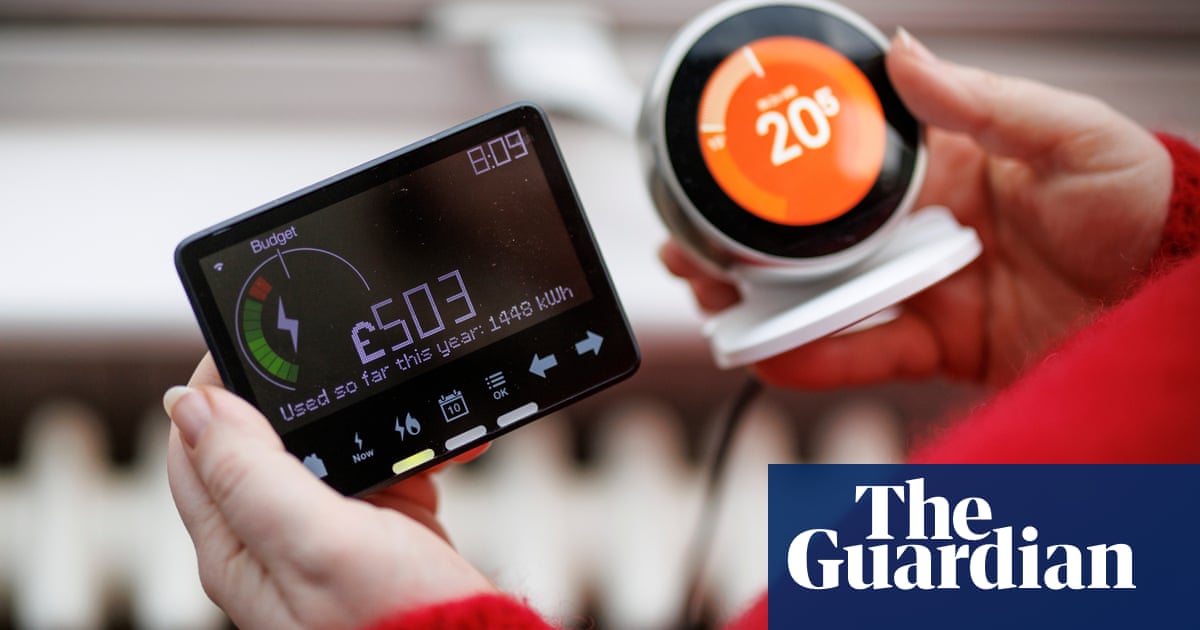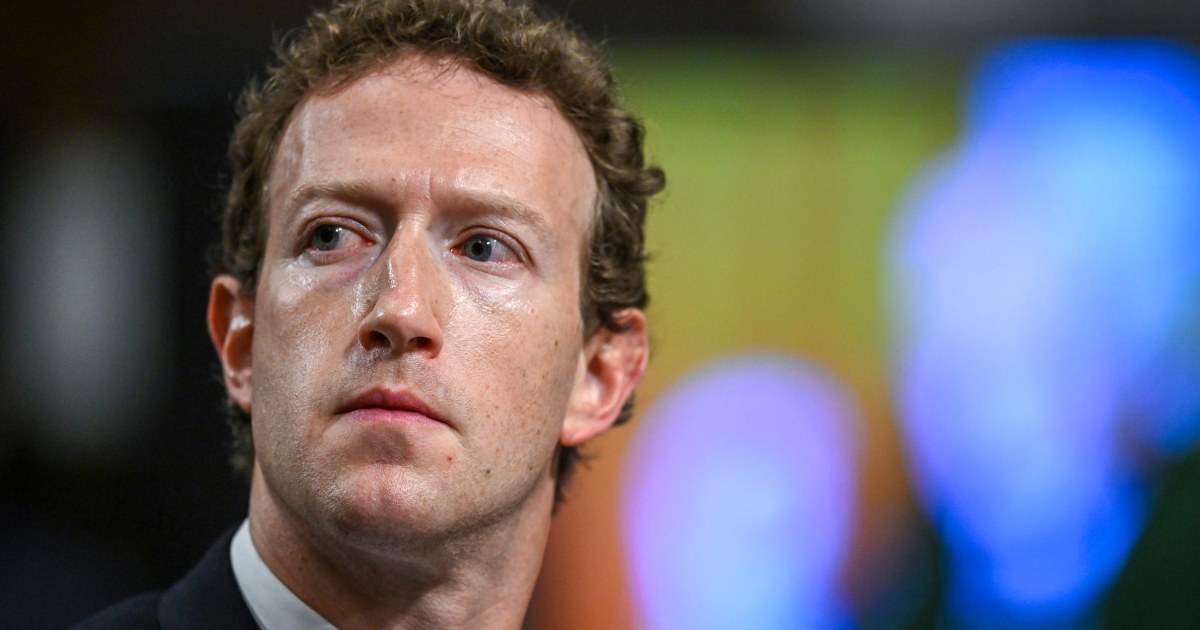New Fixed Energy Deals Offer Savings Amidst High Bills in Great Britain

Households across Great Britain have been facing the burden of soaring energy bills for the past four years. However, a silver lining has emerged as attractive fixed-rate deals have recently become available, promising savings of up to £300 compared to the current price cap set by regulators.
This week, the energy provider EDF made headlines by launching what it calls its “cheapest fixed tariff since 2021.” The company describes this new offer as the most competitive energy-only deal available among the so-called “big six” suppliers in the market. The 12-month tariff, aptly named Simply Fixed Direct May26, is priced at £1,549 for an average dual-fuel customer who pays their bills via direct debit. This price is £300 less than the latest price cap set by the energy regulator Ofgem, which has been a significant relief for many households struggling with their energy expenses.
Will Owen, an energy expert from the price comparison website Uswitch, highlighted the importance of switching to fixed tariffs, emphasizing that households can enjoy substantial savings by opting for these deals. While some energy watchers are cautious about locking into a fixed deal due to the current volatility in the economic landscape, EDF is optimistic about the competitive nature of this deal. According to their projections, this fixed tariff is expected to remain advantageous over the next year. They predict it will be at least £148 cheaper than the upcoming price cap scheduled for July and £111 cheaper throughout the winter months. Additionally, customers who choose to sign up directly with EDF can rest assured, as they have the option to switch to another provider without facing any exit fees.
Rich Hughes, the director of retail at EDF, shared insights into the current energy market. He noted that while wholesale energy costs have decreased, the market remains unstable, and various global factors could potentially drive prices up once again. In light of this unpredictability, Hughes advises households to carefully consider their options between fixed and tracker tariffs to secure the best rates possible.
Ofgem regularly reviews and sets a price cap on household energy bills on a quarterly basis. This cap is determined using a formula that accounts for wholesale energy prices and the operational costs incurred by energy providers. Currently, the price cap, which reflects the typical energy bill for approximately 29 million households, stands at £1,849. Energy experts at Cornwall Insight, a prominent forecasting organization, anticipate a reduction in this cap by 9%, translating to a decrease of £166, bringing the new cap to £1,683 in July. However, it is noteworthy that this new cap would still be one-third higher than pre-existing rates prior to the onset of the global gas crisis triggered by Russia’s invasion of Ukraine.
In recent weeks, a decline in gas market prices has been observed, attributed to economic concerns surrounding the U.S. trade war and an unseasonably warm start to spring, which has diminished the overall demand for heating. Predictions from Cornwall Insight suggest that there will be a slight further reduction in the price cap in October, with another anticipated drop in January 2026.
Owen added that major energy suppliers have been actively competing for customers in recent weeks. He pointed out that EDF's new fixed tariff, being £300 lower than the April price cap for the average household, truly distinguishes itself as the most affordable fixed option available from larger providers.
However, when considering smaller suppliers, EDF's fixed tariff is not the absolute cheapest. For instance, Outfox the Market offers a lower-cost option priced at £332 below the price cap. Their 12-month tariff, known as Fix’d Dual May25 12M v5.0, is available for £1,517 based on typical usage.
After a prolonged period of limited competition within the energy market, the current landscape encourages consumers to actively explore their options. Owen noted, “The price cap is projected to drop in July to £1,683, yet there are already 18 fixed deals available that are priced below this anticipated level.” He emphasized the importance of switching to better deals, stating, “If you haven’t switched in a year or more, you are likely on a standard deal, and your rates are effectively determined by the price cap.” He went on to describe the ongoing volatility in energy prices and encouraged consumers to take advantage of any available deals that exceed the current cap and the July prediction, as switching can be a straightforward process that takes just a few minutes to complete.”

























